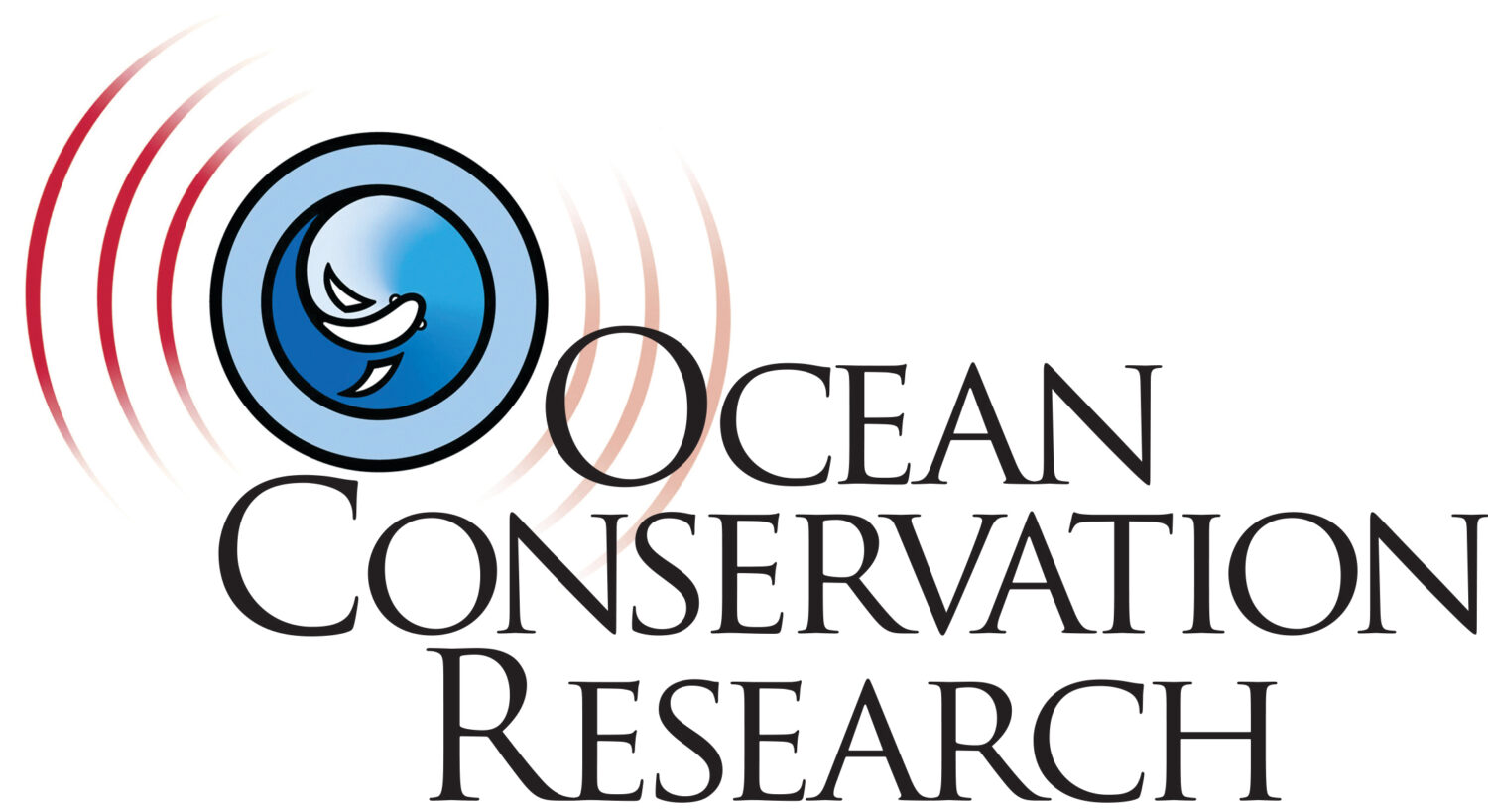
Seismic Survey Impacts on Marine Zooplankton
Back in 2017, marine acoustics researchers Rob McCauley et al published an alarming peer-reviewed paper on the impacts of seismic surveys on marine zooplankton. The research seemed to indicate that zooplankton mortality was 40%-60% in the wake of seismic surveys.
This is alarming because, as McCauley states in the first sentence of the paper “Zooplankton underpin the health and productivity of global marine ecosystems.” They are the foundation of the marine food chain. All marine life depends on it for survival – including all of the great whales, but also the fish and invertebrates that provide us humans with our ocean food. So destroying them in search of transitive-value extracted resources is the epitome of suicidal hubris.
Although on closer review of the methodologies that yielded the paper, it was not so scientifically robust to be definitive. It was a two-day study with only one seismic survey transect. There are a number of variables that would need to be nulled for the correlations to be locked in. But given the implications of the study, this would be a good time to fall back on the “The Precautionary Principle,” which states that “if an action or policy has a suspected risk of causing harm to the public or to the environment; in the absence of scientific consensus, the burden of proof that it is not harmful falls on those taking that action.”
Unfortunately, where most policy tends to stand right now is that we, the conservationists, are charged with proving that there is damage being done before regulatory action can take place. And even when we do conclusively prove there is a problem, the compromising action is usually in full inertial progress, so it is hard to shut down.
But just last week more empirical evidence came in that seismic surveys were compromising zooplankton survival. This evidence is over a longer time period, filling in one of the deficiencies of the McCauley et al study. Zooplankton densities in the waters off Newfoundland and Labrador have steadily decreased by up to 50% in the last few years – correlated to an increase in seismic surveys in the region.
In the article they state that zooplankton are “small but mighty, they are what make life on Earth possible.” This may sound hyperbolic, but as they are the foundation of the ocean food chain, not inaccurate.
The fishermen in the area don’t need convincing. They are out in the water and see the changes wrought by disruptive technologies and changing ocean dynamics. Their take on seismic surveys is pretty stark. “While fishing in areas where these seismic vessels pass through, crab seem to disappear, and the ones left seem to be dormant-like in shock. It’s like a snow plow; it clears out everything in its wake”
So one would think that in the face of all this evidence it wouldn’t it be too much to ask the industry to stop their destructive surveys. But somehow their momentum to turn our planet into money is so great, that they don’t have the time to stop.
